National Neuromonitoring Services Spine Surgery Plano TX: How In-Surgery Nerve Monitoring Enhances Spine Procedure Safety and Outcomes
Image sourced from Canva
When it comes to spine surgery, precision is everything. The slightest disruption to a nerve or spinal cord pathway can lead to long-term complications, including loss of function, chronic pain, or paralysis. National neuromonitoring services spine surgery Plano TX is becoming an essential standard in operating rooms nationwide. These services are designed to provide surgeons with real-time feedback during procedures to avoid harming critical neurological structures. At Minimally Invasive Neurosurgery of Texas, these monitoring services are not optional—they are a vital part of every complex spine surgery, offering patients higher safety and surgical accuracy.
Neuromonitoring continuously assesses the functional integrity of nerves and the spinal cord during surgery. Electrical signals allow surgical teams to observe how the nervous system responds to specific tissue, bone, or instrumentation manipulations. National neuromonitoring services spine surgery Plano TX ensures that any signal or nerve response change is detected immediately, giving the surgical team time to adjust their approach before permanent damage occurs. This proactive approach drastically reduces the risk of post-surgical neurological deficits. Patients can undergo surgery knowing their nervous system is being watched with advanced precision tools and highly trained monitoring specialists.
What sets National neuromonitoring services spine surgery Plano TX, apart from basic monitoring practices is the depth and consistency of the service. National standards mean neuromonitoring professionals follow strict guidelines, use FDA-cleared technology, and are often board-certified neurophysiologists. This level of expertise means fewer false positives, faster response times, and greater accuracy when interpreting signals. Furthermore, integrating monitoring teams with spine surgeons ensures seamless communication during the operation. At Minimally Invasive Neurosurgery of Texas, their commitment to these national protocols provides a significant safety net for patients undergoing minimally invasive and open spinal procedures.
A core component of this system is Intraoperative nerve monitoring Plano TX. This technology tracks nerve signals throughout the surgery by stimulating nerves and measuring responses using electrodes placed on the body. For example, intraoperative monitoring will detect signal strength or latency changes that might indicate compression or irritation if a surgeon works near the sciatic nerve or spinal cord. This allows surgeons to back off or reposition hardware before causing irreversible damage. Intraoperative nerve monitoring Plano TX is particularly critical during complex spinal fusions, scoliosis corrections, tumor resections, and disc replacement surgeries.
Including Intraoperative nerve monitoring Plano TX allows spine surgeries to become safer without compromising the procedure's effectiveness. It doesn't slow down the process—it enhances it. By providing real-time data, it guides the surgeon’s hands with invisible guardrails that reduce the chances of human error. This doesn’t replace the surgeon’s expertise—it supports it with science-backed measurements. The synergy between the neurosurgical team and the monitoring staff at Minimally Invasive Neurosurgery of Texas makes their approach to patient care innovative and reassuring.
In addition to nerve-specific monitoring, broader Spinal cord monitoring services Plano TX are also essential during procedures that put the spinal cord at risk. These services include Somatosensory Evoked Potentials (SSEPs), Motor Evoked Potentials (MEPs), and Electromyography (EMG). These modalities give surgeons a three-dimensional view of how signals travel through the spinal cord, brain, and peripheral nerves. Spinal cord monitoring services Plano TX are beneficial in cervical or thoracic spine surgeries, where the spinal cord is more vulnerable to compression or traction.
These advanced tests allow surgeons to evaluate motor and sensory pathways in real time. For instance, if a patient is having a tumor removed near the thoracic spine, SSEPs and MEPs will indicate whether the spinal cord’s function is being compromised as the tissue is resected. This allows the surgeon to pause, adjust, or reverse a movement before permanent damage occurs. At Minimally Invasive Neurosurgery of Texas, these safeguards are employed across a wide range of procedures to improve immediate surgical outcomes and long-term quality of life for patients.
To support this monitoring infrastructure, Advanced neuro diagnostics Plano TX play a vital role before and during surgery. These diagnostics help evaluate the baseline functionality of a patient’s nervous system and identify areas of concern before the first incision is even made. The surgical team builds a roadmap of the patient's nerve health using techniques like nerve conduction studies, electromyography, and pre-operative mapping. Advanced neuro diagnostics Plano TX ensure that the neuromonitoring team knows what to expect and can detect deviations more accurately.
Beyond just guiding surgical actions, Advanced neuro diagnostics Plano TX also assist with treatment planning. For example, if diagnostics reveal nerve root compression causing leg pain but also show potential signs of neuropathy in unrelated areas, the surgical plan can be adjusted. This level of insight improves precision, reduces unnecessary exposure to risk, and creates better long-term results. The team at Minimally Invasive Neurosurgery of Texas excels in using these diagnostics to treat existing conditions and prevent new ones from developing during or after surgery.
Not every hospital or surgical team uses National neuromonitoring services spine surgery Plano TX. Many community hospitals or outpatient facilities underuse neuromonitoring or employ technicians with limited training. This gap in service can lead to overlooked complications or irreversible outcomes that could have been avoided with the right systems in place. That’s why choosing a provider that prioritizes national standards and employs board-certified specialists is essential. At Minimally Invasive Neurosurgery of Texas, patient safety is non-negotiable, and their integrated use of neuromonitoring reflects that commitment.
Patients undergoing spine surgery are already managing physical pain, emotional stress, and concern about their future mobility. Knowing that National neuromonitoring services spine surgery Plano TX is being applied to protect their nervous system adds a layer of comfort. It’s not just about what’s being removed or corrected—it’s about what’s being preserved. Quality of life after surgery depends on the surgeon's skill and the systems in place to avoid complications. This technology is essential to every operation performed at Minimally Invasive Neurosurgery of Texas.
In summary, National neuromonitoring services spine surgery Plano TX offers safety and precision that transforms modern spine surgery. Whether it’s Intraoperative nerve monitoring Plano TX for targeted protection, Spinal cord monitoring services Plano TX for central nervous system defense, or Advanced neuro diagnostics Plano TX for pre-operative planning, these tools collectively reduce risk and enhance outcomes. For patients choosing Minimally Invasive Neurosurgery of Texas, these systems are already integrated into every stage of care. Suppose you’re seeking a surgical team that places your neurological safety first. In that case, you can trust their use of National neuromonitoring services spine surgery Plano TX to guide every procedure step.


